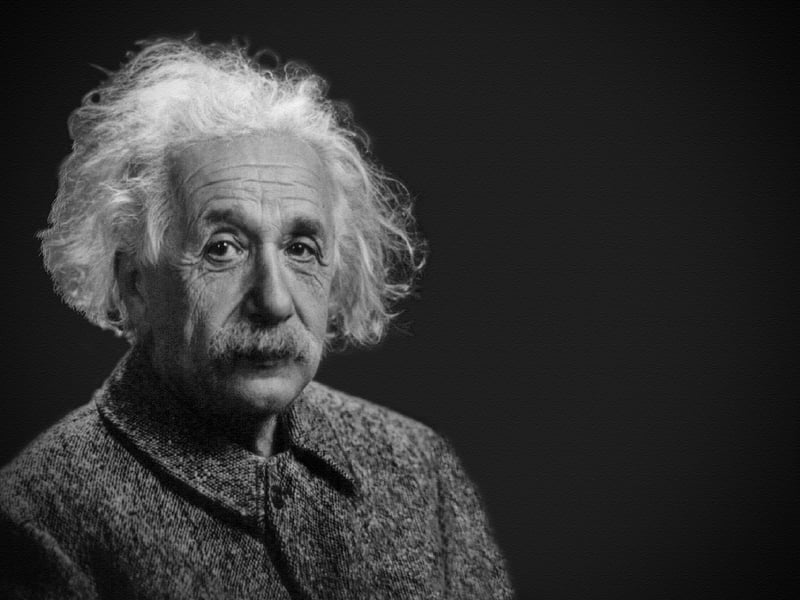Causal Loops
Dive into Paradoxes and Causal Loops
Paradoxes and causal loops are fascinating concepts that challenge our understanding of time, logic, and causality. Let's explore these mind-bending ideas that have captured the imagination of scientists, philosophers, and storytellers alike.
What is a Paradox?
A paradox is a statement or situation that seems self-contradictory or logically absurd but may express a possible truth. It often challenges our assumptions and reveals the limitations of our understanding.
Examples of Paradoxes:
- The Bootstrap Paradox
- The Grandfather Paradox
- The Paradox of the Unexpected Hanging
What are Causal Loops?
Causal loops, also known as closed causal loops or closed timelike curves, are events in which an effect becomes its own cause in a time loop. This leads to a circular chain of events with no clear beginning or end.
Examples of Causal Loops:
- The Ontological Paradox
- The Predestination Paradox
- The Time Traveler's Dilemma
Implications and Significance:
Paradoxes and causal loops raise profound questions about determinism, free will, and the nature of reality. They inspire thought experiments, fuel science fiction plots, and challenge our intuitions about cause and effect.
Exploring these concepts can lead to new insights into the nature of time, the possibility of time travel, and the limits of human comprehension.
Further Reading:
For more in-depth exploration of paradoxes and causal loops, check out these resources:


